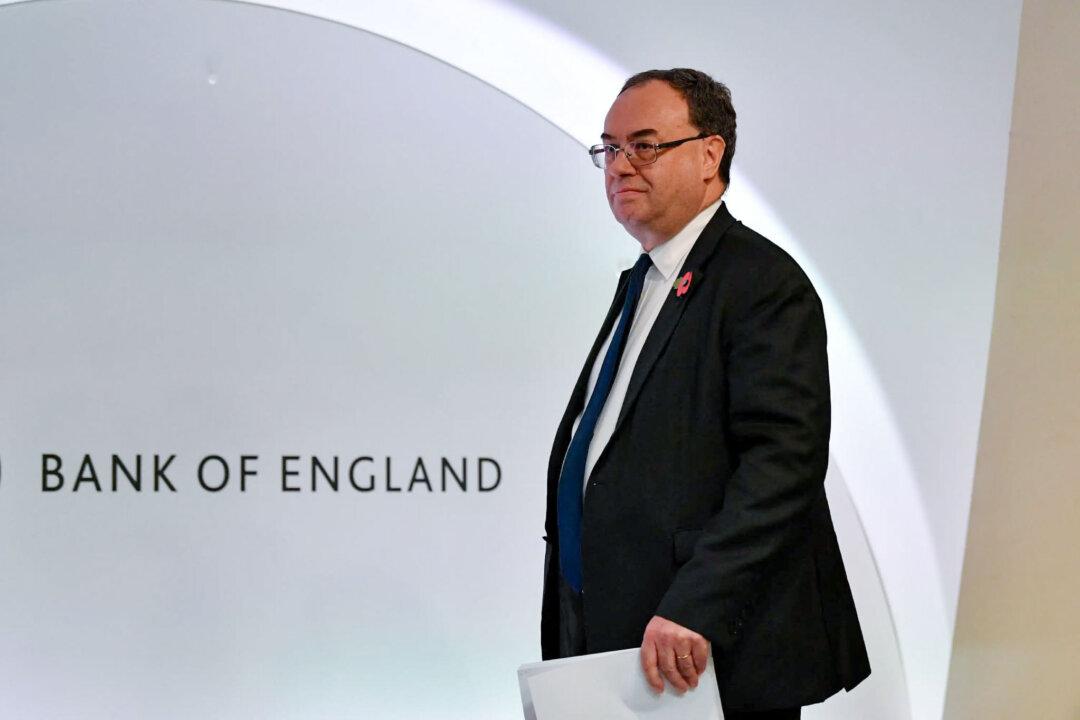UK politicians and financial experts have expressed their concerns over the proposal to introduce a central bank digital currency (CBDC) dubbed “Britcoin.”
A joint consultation by the Bank of England (BoE) and HM Treasury, established in February, received thousands of responses on the introduction of the digital version of the pound.





